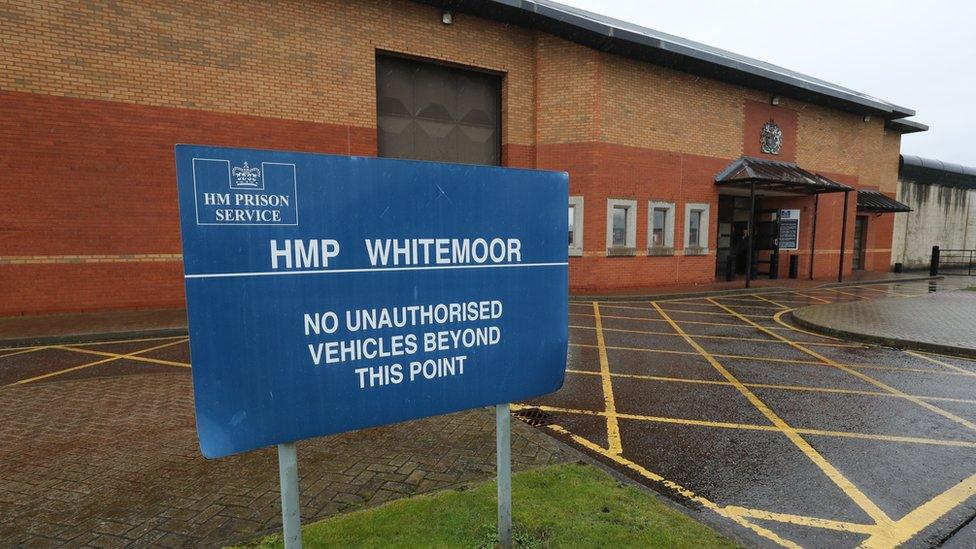Bedford killer's death prompts 'dirty' HMP Whitemoor fears
- Published
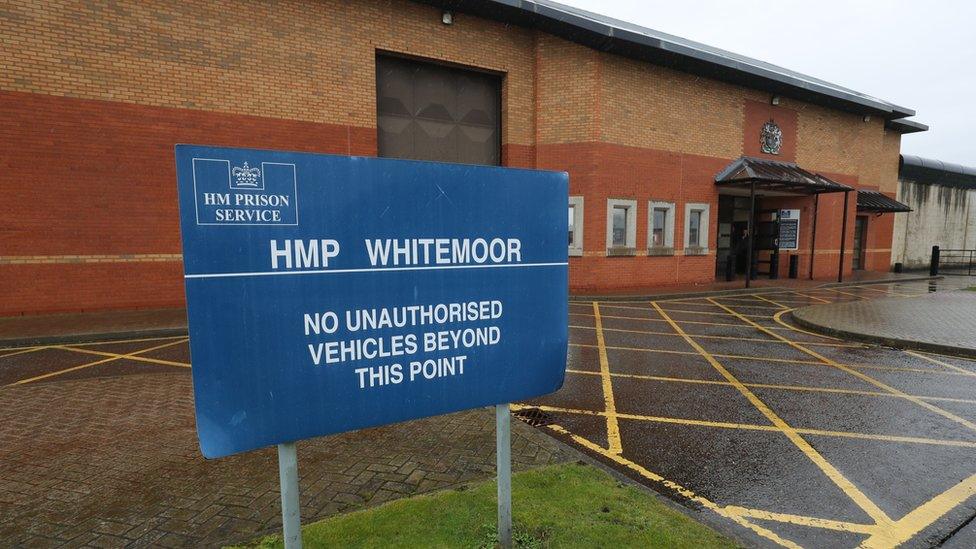
HMP Whitemoor is a high-security prison for about 450 inmates
The death of a man serving life for two murders has prompted concern over a prison's "dirty" inpatient unit.
Alvin Black, 59, killed Timothy Nalty in 1995 and Johanna Czardebon in 1996, both in Bedfordshire.
He died at HMP Whitemoor, Cambridgeshire, in November 2019, and an ombudsman reported they heard a claim he refused to go to the inpatient unit over cleanliness concerns.
The Prison Service said it had since revised its cleaning schedule.
In 1997, Black, from Bedford, was convicted of murdering German tourist Ms Czardebon during an armed raid on the town's County Hotel.
Four years later, he was convicted for the killing the police informant Mr Nalty.
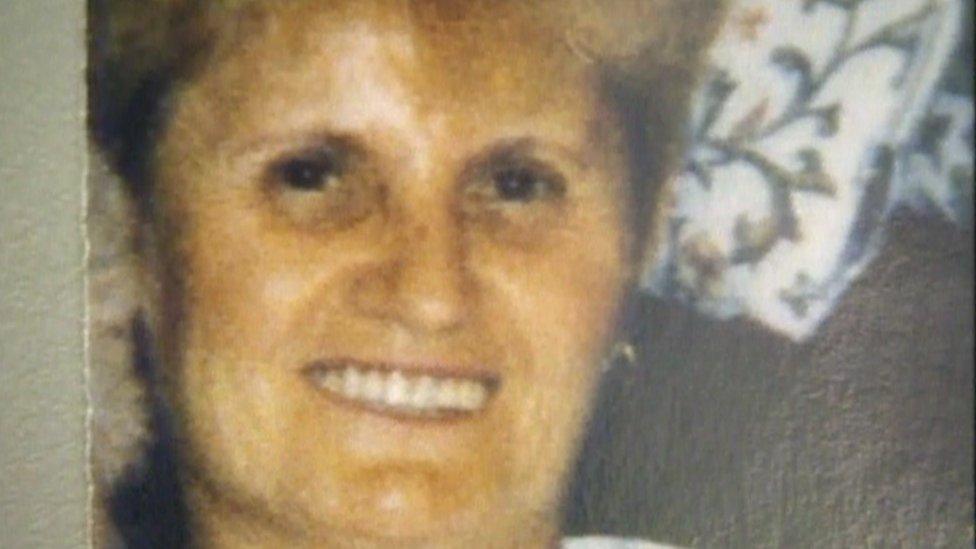
Johanna Czardebon was part of a group of German tourists leaving the hotel bar when she was shot dead
A Prisons and Probation Ombudsman (PPO) report, external stated that Black had a spinal condition which deteriorated in 2019, and on 12 November he had surgery.
He returned to HMP Whitemoor two days later but refused to go to the jail's inpatient unit "where he would have been monitored by healthcare staff", instead going back to his cell.
Black died of a blood clot in the lungs caused by deep vein thrombosis on 16 November.
The report stated that he signed a disclaimer accepting responsibility for the decision not to go to the inpatient unit, but that there was "no evidence to say why he refused, and we consider that it would have been good practice to have recorded the reason".
The PPO stated that another prisoner said Black refused because the unit was "dirty".
"The new head of healthcare acknowledged that the cleanliness of the inpatient unit was a concern," the report said.
It stated the head of healthcare said the company the Prison Service had used for cleaning had been dismissed "and prisoners were now employed as cleaners, but their cleaning fell below the required standard".
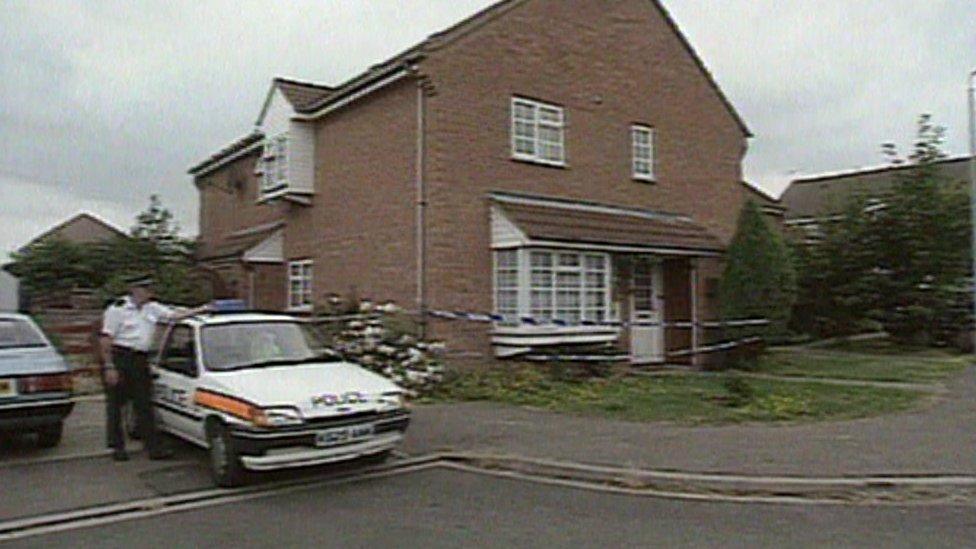
Timothy Nalty was shot dead while home in the village of Shortstown, near Bedford
Following an inquest into Black's death, Cambridgeshire and Peterborough assistant coroner Sean Horstead also raised similar concerns in a prevention of future deaths report.
Mr Horstead said: "I am concerned that such poor levels of hygiene give rise to the risk of prisoners returning from surgery, with perhaps compromised immune systems, facing a significant risk of infection, itself giving rise to a risk of future death".
He said this, as well as a "missed opportunity" around the consideration of anti-coagulation therapy while he was at Addenbrooke's Hospital in Cambridge, before his discharge back to prison, raised concern but were "not found to have been either possibly or probably causative" in Black's death.
The PPO report added there was also concern "that staff did not initially give the control room information about Mr Black's condition" on 16 November.
"This meant that there was a delay of 19 minutes before the ambulance service despatched an emergency ambulance."
'Missed opportunity'
A Prison Service spokesman said: "Our thoughts remain with Mr Black's family, while the Ombudsman found that the prison did not contribute to his death, officers have been given extra training on how to deal with medical emergencies."
The inpatient unit's day-to-day cleaning is conducted by prisoners, overseen by staff, and there is a deep clean program where industrial cleaning is carried out by contractors.
Northamptonshire Healthcare NHS Foundation Trust (NHFT), which provides healthcare at the jail near March, said: "Moving forward, the prison and NHFT are working together to address these concerns, however responsibility for cleanliness of this area remains with the prison management.
"NHFT is committed to providing outstanding and compassionate care to its service users, and safety is an utmost priority."
Cambridge University Hospitals NHS Foundation Trust, which runs Addenbrooke's, said the inquest jury "found that it was a missed opportunity for further consideration of anti-coagulant therapy and we will therefore ensure that our response to the coroner fully responds to this concern and how we are addressing it".

Find BBC News: East of England on Facebook, external, Instagram, external and Twitter, external. If you have a story suggestion email eastofenglandnews@bbc.co.uk
Related topics
- Published15 October 2020
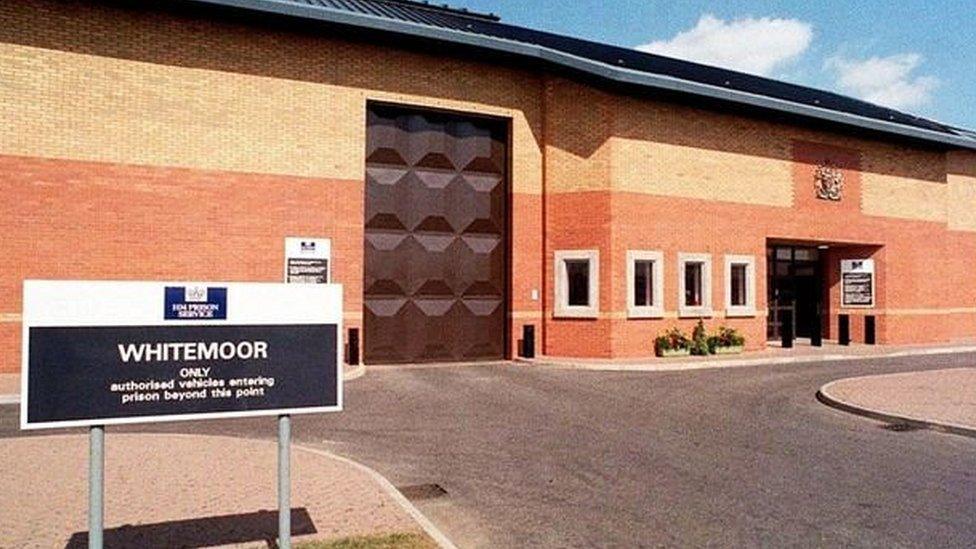
- Published26 February 2019
